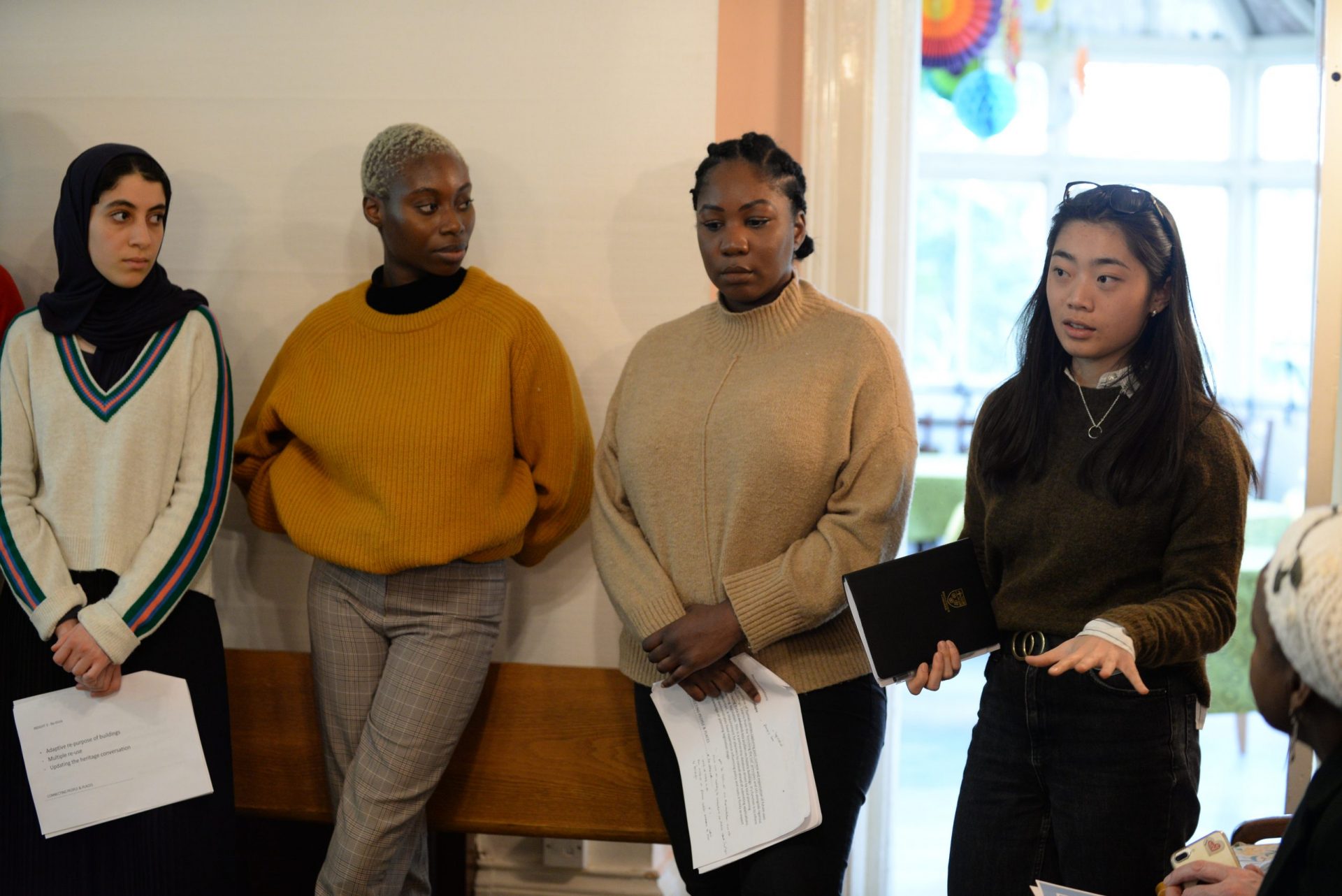In the past 18 months, young Britons have witnessed the conversation surrounding ethnicity, skin colour and identity pushed to the fore. From the Black Lives Matter movement to the outcome of the Euro 2020 final, these milestone events revealed there exists a clear divide on the perception regarding what it means, and what it looks like, to be British.
The dearth of language that young people of diverse heritage have available to describe themselves, and for others to identify them by, is frankly startling. As we discovered from our recent research study with 500 young people, the next generation are clear. Without understanding the impact of and the lack of the appropriate use of descriptors like ‘BAME’ and ‘BME’, the UK cannot adequately face its relationship with its citizens of diverse ethnic heritages.
Indeed, to ensure systemic change, we need to talk about racism at the intersection between skin colour/complexion, identity, and the sense of belonging that is felt among people of diverse ethnic heritage. When the current acronyms and descriptors we see in the media suggest that ‘white’ is synonymous with ‘British’, how can we expect to foster a community free of prejudice?
We need only look at the outcome of the Euro 2020 final to understand how, for some, the perception of ‘British-ness’ is entirely dependent on performance, results and success. The England squad drew reactions of great positivity for much of the tournament – up until the moment they lost, which released an outpouring of racist language. When compared to another British sporting achievement, Emma Radacanu’s Grand Slam victory, we must ask – how can we so vocally and proudly celebrate one person’s achievements while, lurking behind the scenes, a hostile environment is consistently fostered toward people of diverse heritage?
As a nation, it is imperative that we discuss how our language choices in these times of success and failure can influence a whole generation’s sense of belonging. Current unifying terms are often poorly understood to such a point where they reduce people with diverse heritage to ‘other’ rather than what they are – British citizens.
How can we so vocally and proudly celebrate one person’s achievements while, lurking behind the scenes, a hostile environment is consistently fostered toward people of diverse heritage?
Following these instances in which their identity and legitimacy as Britons has been called into question, we must listen to the upcoming generation of people of diverse heritages about how they want to be described. It is time to forge a shared language that unifies them, a language that does not pigeonhole them into a poorly defined category. For the time being, while there is no shared word or expression that they feel represents them all, we can labour to ensure that all-encompassing identifiers celebrate what is arguably Britain’s most diverse generation to date.
I hope that, in finding a shared collective language, one which highlights and appreciates diversity, we will be able to ensure greater inclusion in our society.
Want to access our findings on terminology like ‘BAME’?
Follow this link to the full report to read the recommendations businesses and organisations can take based on the findings of the research.

